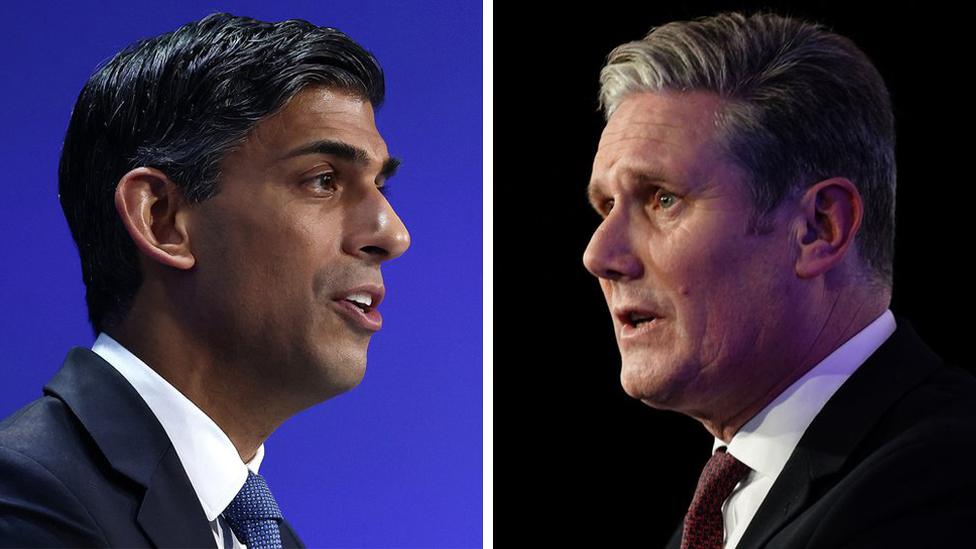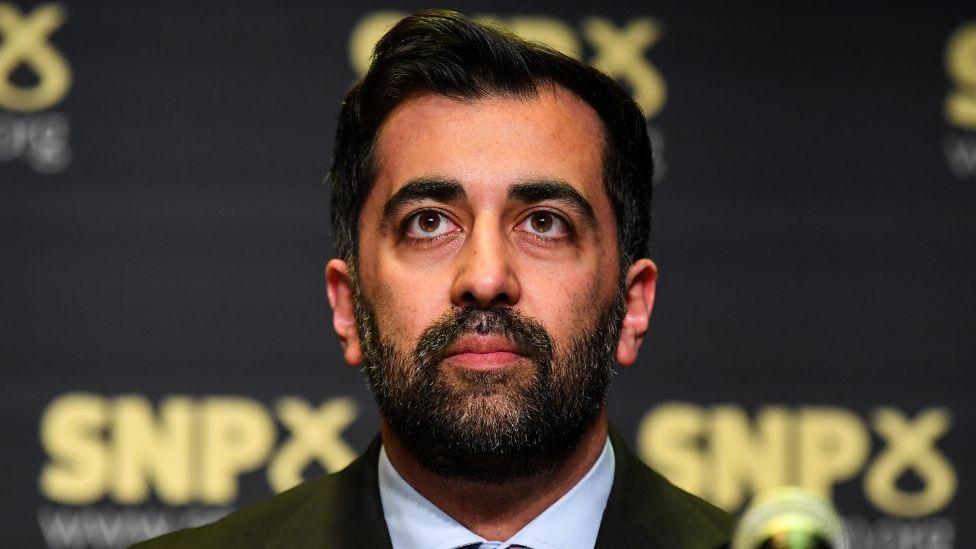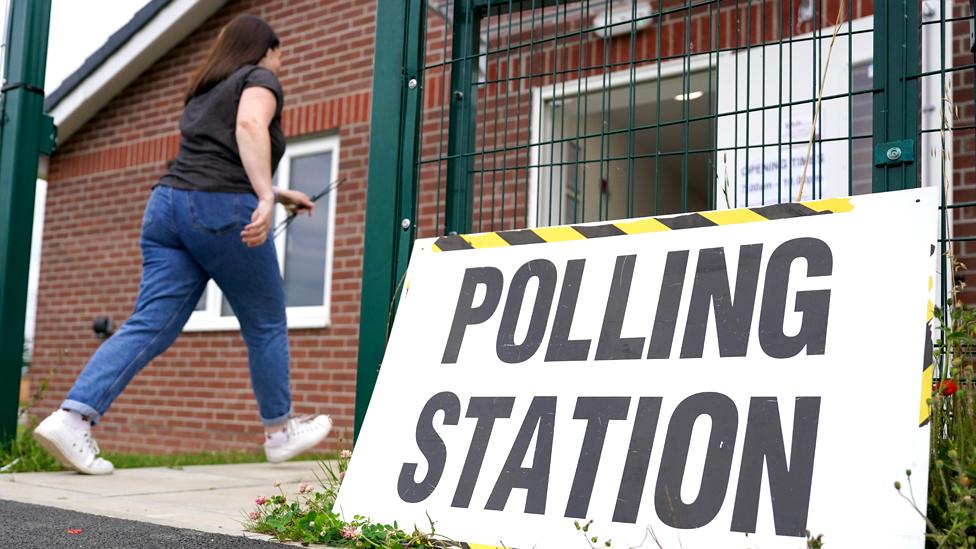Labour Party spent more than Conservatives in 2022
- Published

The Labour Party significantly outspent the Conservatives last year, financial accounts released by the Electoral Commission show.
Labour's spending totalled £44.45m, with the party's income up 3.5% on 2021, despite lower membership numbers.
Meanwhile, the Conservatives' spending was £33.06m, with income down 3.3%, and money from donors to the party falling by £2.4m.
The Liberal Democrats spent £6.7m, while SNP expenditure totalled £5.05m.
The Commission is an independent body which oversees elections and regulates political finance across the UK. It has published the accounts of parties with income or spending above £250,000, which numbered 18 in 2022.
Labour recorded a £2.7m surplus, raising £47.2m, even as it lost nearly 25,000 more members, the Commission's figures show, external. In 2021, Sir Keir Starmer's party recorded a £5.2m deficit.
A report from party general secretary David Evans said "difficult decisions" on reducing costs had contributed to returning Labour to surplus, while membership income "exceeded targets" thanks to new members and "an improved rate of retention".
'Saddening decline'
Staff costs fell by around £6m as a number of people were made redundant.
By the end of 2022, Labour had 407,445 members, down from 432,213 in 2021, and nearly 125,000 down on its recent peak in 2019 when it was led by Jeremy Corbyn.
A spokesman for left-wing group Momentum described it as "saddening and worrying" that Labour's membership had declined for a third year in a row.
He accused Sir Keir of turning Labour back "towards corporate donors and interests, rejecting member and union demands for popular, urgent policies like public ownership, while undermining their rights by stitching up parliamentary selections for loyalists".
A party spokeswoman responded that Labour's finances had "gone from strength to strength" under Sir Keir's leadership.
"The Labour Party is a changed party that is serious about getting into government and building a better Britain," she added.
The Conservatives lost £2.3m in 2022 during what the party's annual accounts described as a "turbulent year". Boris Johnson resigned as prime minister in July, to be succeeded by Liz Truss, who herself stepped down in October.
The party raised £30.7m in income, but saw money from donors falling compared with 2021. A report from the party treasurer blamed this partly on "donor pledges moving into 2023".
The Tories do not publish membership figures, but after last year's leadership election, they said 172,000 people had been eligible to vote.
Their income from membership fees fell slightly from £1.99m to £1.97m.
Northern Ireland spending
The Liberal Democrats recorded a £754,000 deficit, including a £186,000 loss caused by having to cancel the party's annual conference following the death of Queen Elizabeth II.
But they did see a slight increase in membership from 94,706 to 97,493.
The Green Party of England and Wales raised £3.15m and spent £3.23m.
Plaid Cymru had income of £970,000 and expenditure of £942,000.
In Northern Ireland, Sinn Fein outspent the Democratic Unionists with expenditure of £1.53m and income of £1.19m. The DUP spent £488,000 and raised £426,000, less than the Alliance Party of Northern Ireland's £522,000.
Reform UK, led by Richard Tice and formerly the Brexit Party, spent £949,000, 37% more than the £692,000 it brought in.
Louise Edwards, director of regulation and digital transformation at the Commission, said: "We are committed to making sure political funding is transparent.
"Larger parties spend and receive considerable sums of money so it's important that information on their finances is accessible to the public. Publishing their accounts allows voters to see how parties are funded and choose to spend their money."
- Published24 August 2023

- Published8 June 2023

- Published8 August 2023
